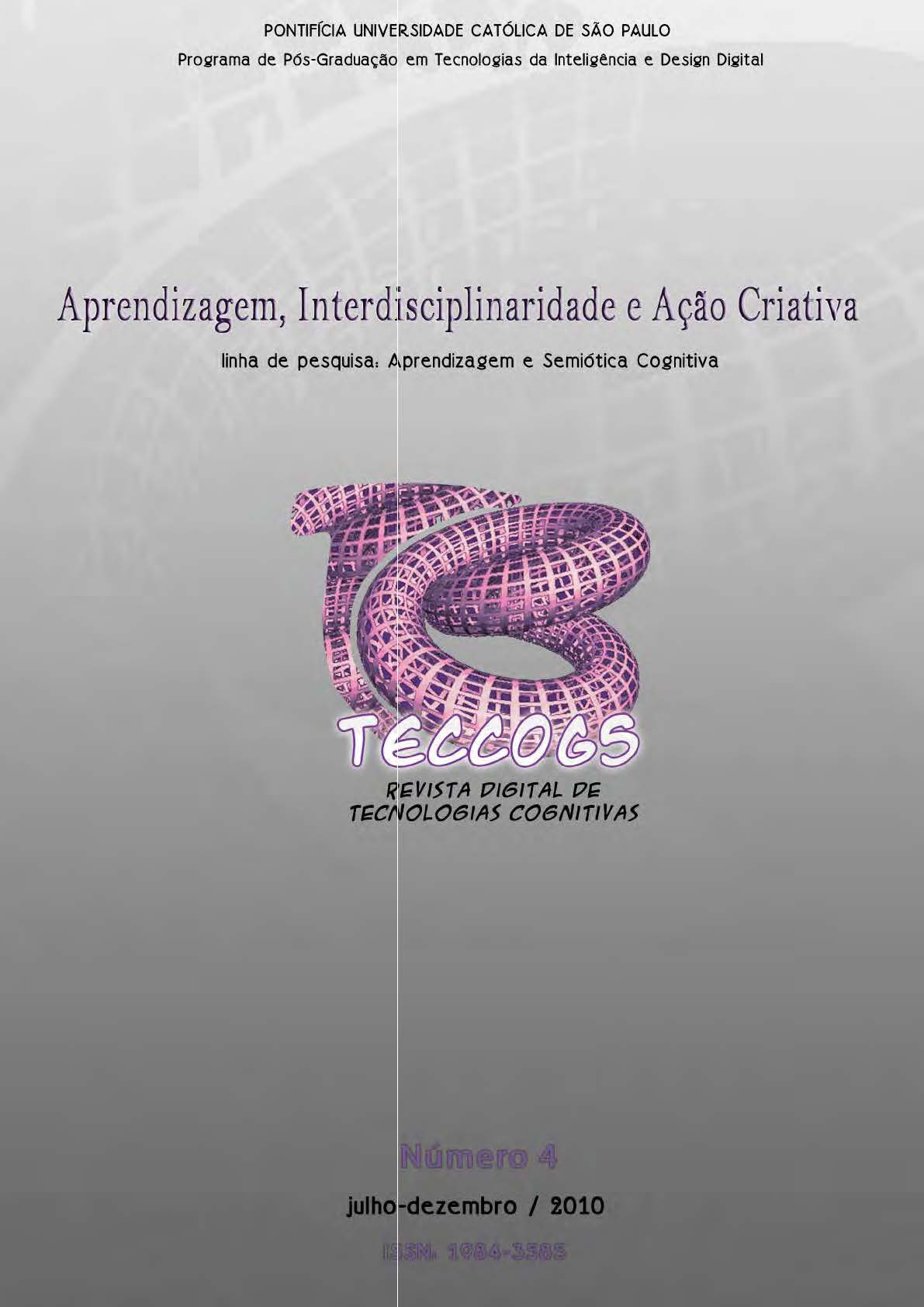Consciousness and self in language: a view from cognitive semiotics
Resumo
Consciousness is a subjective experience. To science it matters little whether there is an agent behind conscious experience – things like holding a belief, making a decision, remembering a person, attend to an object, act in a situation –; science (in this case neuroscience) is instead concerned with describing what processes in the brain are responsible for that experience. And yet we believe that we are agents of these experiences, that they are not the mechanical outcome of a series of such causal processes. This belief underlies and gives meaning to our individual existence and it is foundational to various aspects of social reality.
When studying cognition and mental life, we cannot do without subjective experience. It may not be observable as its neural substrate is, but it is nonetheless real, as experience, and moreover reportable in a semiotic exchange, mediated, among other means, through language. Language, in turn, is hardly ever purely referential: instead language invites shared attention to a common object of reference, and it can be a means of modeling or manipulating an interlocutor’s conceptual viewpoint over that referent.
This paper explores this relationship between consciousness, the experience of a self and how this experience is shaped by intersubjectivity. These issues will be approached from a linguistic angle, namely through a cognitive semiotic analysis of self-reference and intersubjective reference. It is proposed that the representation of the self, as it is available in linguistic expression, relies on construal and perspective, an alternative account to a conceptualization of the person based on a differentiation between self (bodily, social) and subject (agent of consciousness, belief, feeling), and on a metaphorical projection between these. Moreover, it is suggested that a conceptualization of the self contingent on external perspective is a manifestation of theatricality, a strategy by which an object of reference is performed on a mental stage, towards which interlocutors jointly gear their attention.
Keywords: self; subject; cognitive semiotics; language; theatricality.
Downloads
Publicado
Como Citar
Edição
Seção
Licença
Esta revista oferece acesso livre imediato ao seu conteúdo de acordo com a licença CC BY 4.0, em conformidade com a definição de acesso público do Directory of Open Access Journals (DOAJ).
Ao submeter um texto à TECCOGS, os autores asseguram que o material submetido à avaliação e eventual publicação não infringe de modo algum qualquer direito proprietário ou copyright de outros. Com a submissão, o autor transfere em efetivo os direitos de publicação do artigo para a TECCOGS. A transferência de copyright cobre os direitos exclusivos de publicação e distribuição do artigo, incluindo reimpressões ou quaisquer outras reproduções de natureza similar, além de traduções. Os autores mantém o direito de usar todo ou partes deste texto em trabalhos futuros de sua autoria e de conceder ou recusar a permissão a terceiros para republicar todo ou partes do texto ou de suas traduções. Para republicar números da revista na íntegra, qualquer interessado precisa obter permissão por escrito tanto dos autores como também dos editores da TECCOGS. A TECCOGS por si só pode conceder direitos relativos a emissões de periódicos como um todo.
Imagens com direitos autorais pertencentes a terceiros, que não foram concedidos ao autor do texto, devem ser utilizadas somente quando necessárias à análise e ao argumento da pesquisa, sempre indicando as respectivas fontes e autoria. A TECCOGS dispensa o uso de imagens meramente ilustrativas. Se desejar ilustrar um conceito, o autor deve indicar, em forma de URL ou referência bibliográfica, uma referência em que a ilustração esteja disponível.
---------------------------------------------------------------------------------
This journal offers free immediate access to its content under CC BY 4.0, in accordance with Directory of Open Access Journals' (DOAJ) definition of Open Acess.
When submitting a text to TECCOGS, authors ensure that the material submitted for evaluation and eventual publication does not infringe any proprietary right or copyright. Upon submission, authors effectively transfer the publication rights of the article to TECCOGS. The copyright transfer covers the exclusive rights of publication and distribution of the article, including reprints or any other reproduction of similar nature, in addition to translations. Authors retain the right to use all or parts of the text in future works of their own, as well as to grant or refuse permission to third parties to republish all or parts of the text or its translations. In order to fully republish issues of the magazine, anyone interested must obtain written permission from both the authors and the editors of TECCOGS. TECCOGS alone can grant rights relating to issues of journals as a whole.
Images whose copyright belongs to third parties that have not been granted to the author of the text should be used only when essential for the analysis and argument, always indicating theirs respective sources and authorship. TECCOGS dismisses any use of merely illustrative images. To illustrate a concept, the author must indicate, in the form of a URL or bibliographic reference, a source in which the illustration is available.


